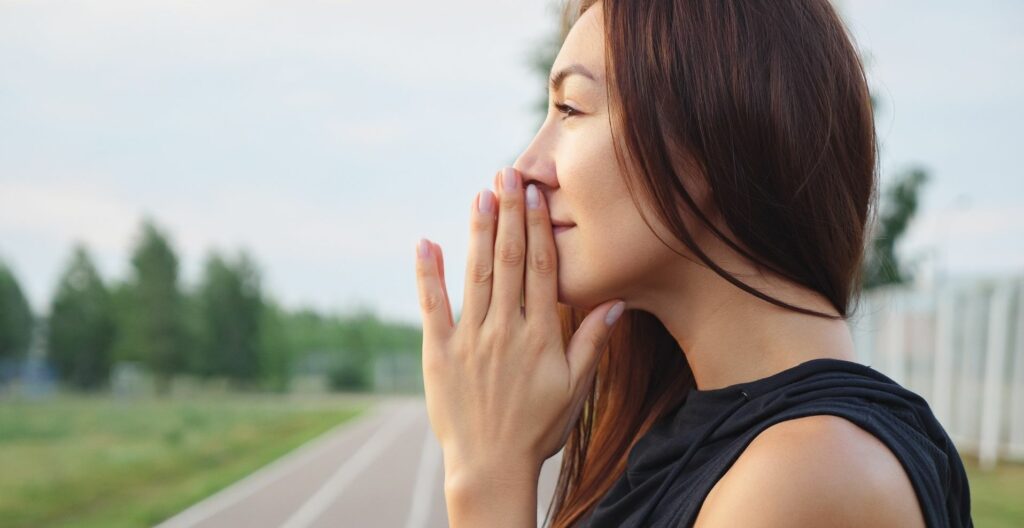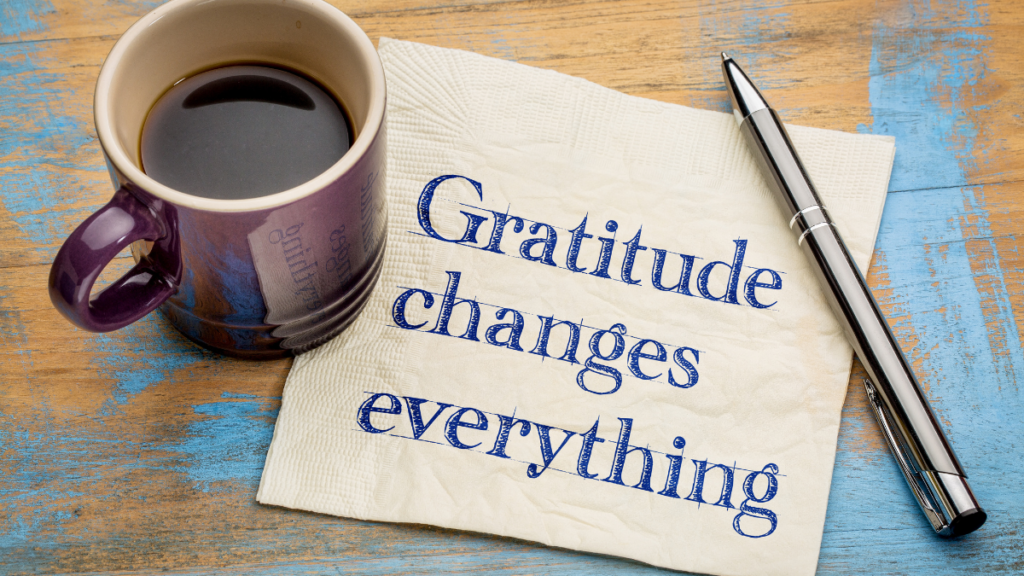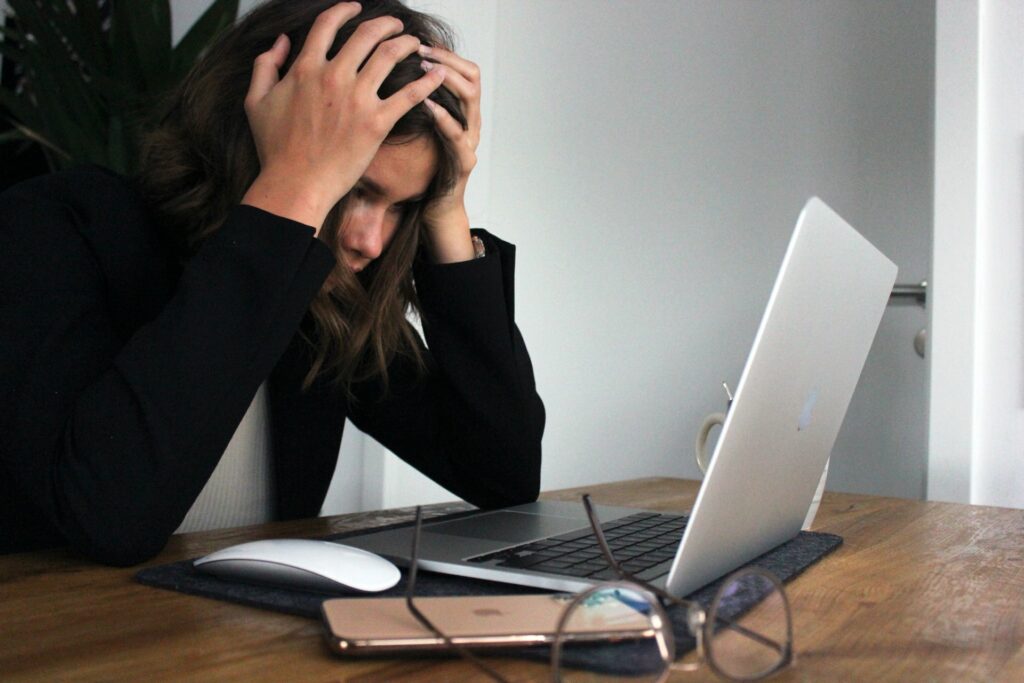Women May Benefit More from Mindfulness

Women may benefit more from mindfulness than men. “Mindfulness” is a huge buzzword in the wellness world lately, and for good reason: it’s been scientifically shown to be able to reduce stress, anxiety symptoms, and even depression. With roots in Eastern religious traditions, it’s now practiced as a secular way to bring peace and gratitude into everyday life. One study found that the practice of mindfulness may be more impactful for women than men, at least in a college setting. Here’s everything you need to know about how mindfulness empowers women in particular, and what you need to do to get started with your own practice. What is mindfulness? The simplest definition of mindfulness is the practice of being here now. Mindfulness invites people to…







